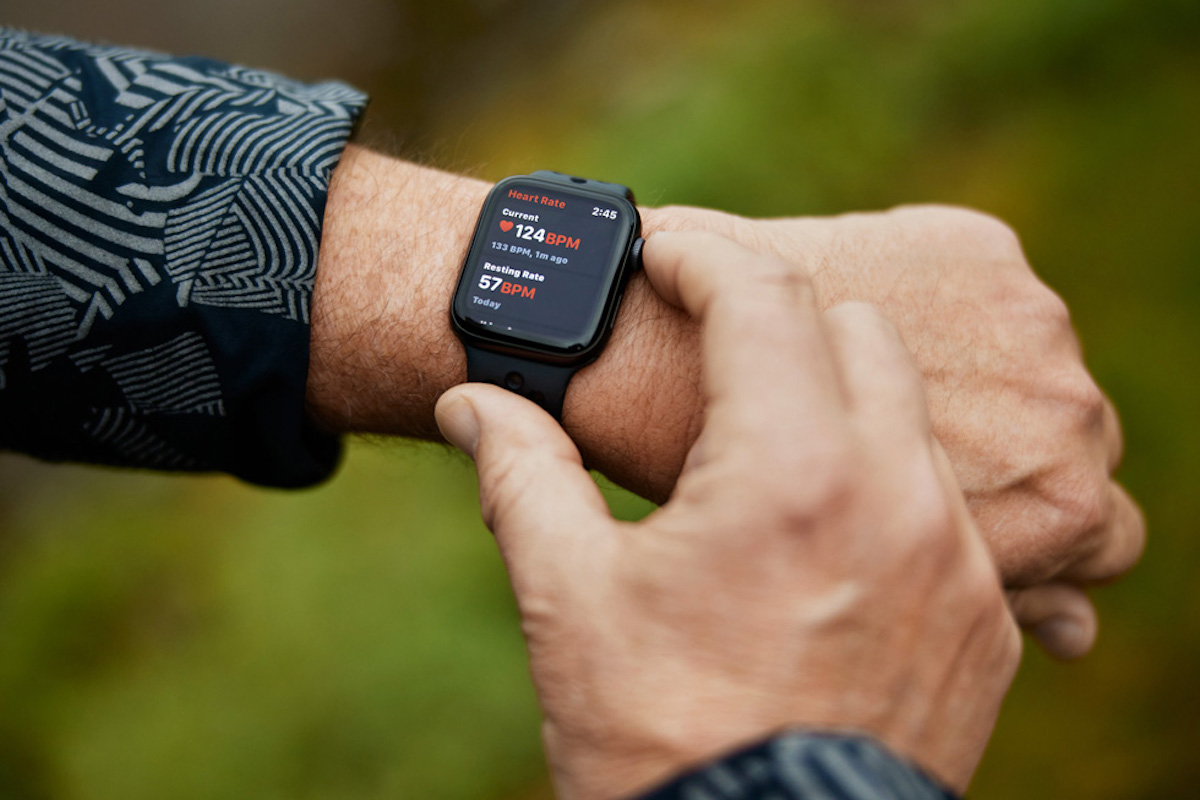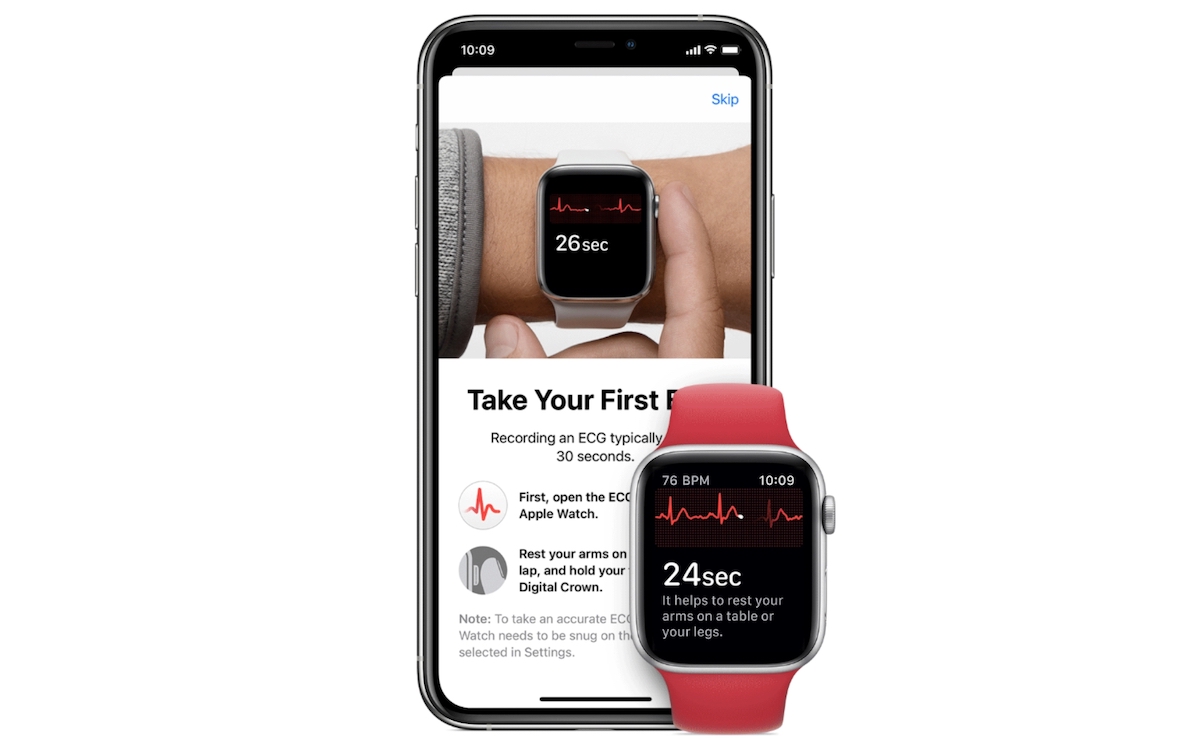Apple Watch launched with several health features in 2015 and over the years, the Cupertino tech giant has added more monitoring and tracking capabilities for users to monitor their health every day, even during their sleep.
The company’s VP of Health, Dr. Sumbul Desai talked about the benefits of the Apple Watch’s health data with CBS Correspondent David Pogue for a segment on health trackers for the “CBS Sunday Morning” show.

Apple Watch health features enable users to seek timely medical assistance says Apple VP of Health, Dr. Sumbul Desai
The segment started with displaying the progression in mechanisms to self-track one’s health from a simple thermometer and weight machine to a sophisticated smartwatch equipped with sensors like the Apple Watch.
Dr. Desai showed the list of health features available on the Apple Watch Series 6 and Series 7 like Blood Oxygen, Sleep tracking, ECG app, Noise notifications, Handwashing, and others (*some of the features are also available on older models). She emphasized that the health tracking features not only play a significant role in monitoring one’s health and fitness but also notify users when surrounding conditions can cause harm and detects undiagnosed conditions to seek medical help.

She explained that Sleep tracking capability monitors users’ sleeping patterns which can indicate the changes in heart rate and that led to the discussion of atrial fibrillation detection.
Apple Watch Series 4 and later models feature the ECG app which allows users to take an electronic monograph anywhere and anytime and more importantly, it notifies the users if it detects irregular heart rhythm, also known as atrial fibrillation. Dr. Desai said:
“If you’re sleeping more or sleeping less than you used to, if your heart rate is at a different baseline heart rate than it was, those are early signs of things that may be going on”.
“If we notice changes in your gait we can actually give you an early notification where you can do something about it.”
Furthermore, the segment also includes Stanford School of Medicine professor Michael Snyder who is researching the medical utilities of wearable health trackers. Snyder said that modern smartwatches could detect “infections disease, anemia, even type 2 diabetes.”
He shared that health trackers can also detect COVID-19 because his personal symptoms were detected three days earlier than they surfaced. This claim resonates with the opinions of other medical experts.
Researchers at Mount Sinai studied the Apple Watch heart rate feature which monitors changes between each heartbeat which indicates the wellness of an individual’s immune system.
The study titled “Assessment of Prolonged Physiological and Behavioral Changes Associated With COVID-19 Infection”, published by JAMA Network Open, concluded that the resting heart rate (RHR) measured by smart wrist devices is linked to the detection and recovery of COVID-19.